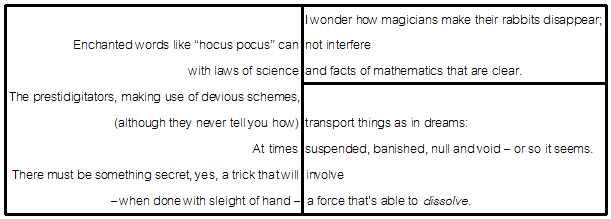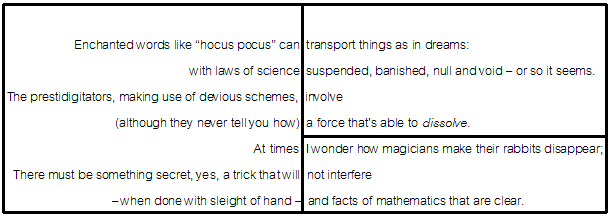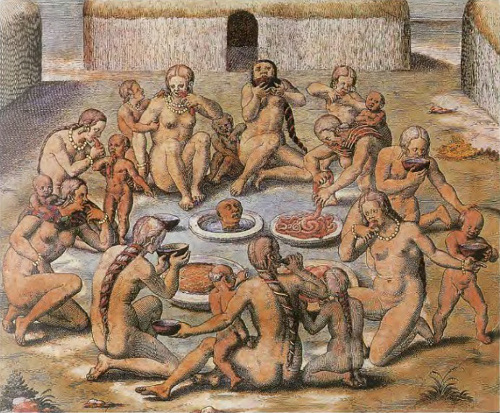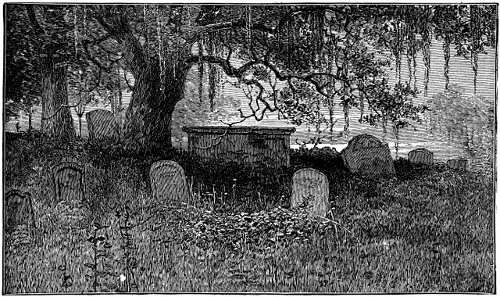
More wisdom from Poor Richard’s Almanack:
- Thirst after desert — not reward.
- Gifts much expected, are paid not given.
- Children and princes will quarrel for trifles.
- Praise little, dispraise less.
- The Child thinks 20 Shillings and 20 Years can scarce ever be spent.
- Industry need not wish.
- ‘Tis great Confidence in a Friend to tell him your Faults, greater to tell him his.
- Neglect kills Injuries, Revenge increases them.
- Observe all men; thyself most.
- Do not do that which you would not have known.
- He that resolves to mend hereafter, resolves not to mend now.
- The honest Man takes Pains, and then enjoys Pleasures; the knave takes Pleasure, and then suffers Pains.
- All would live long, but none would be old.
- Nothing more like a fool, than a drunken man.
- As often as we do good, we sacrifice.
- There is much difference between imitating a good man, and counterfeiting him.
And “Cut the Wings of your Hens and Hopes, lest they lead you a weary Dance after them.”









